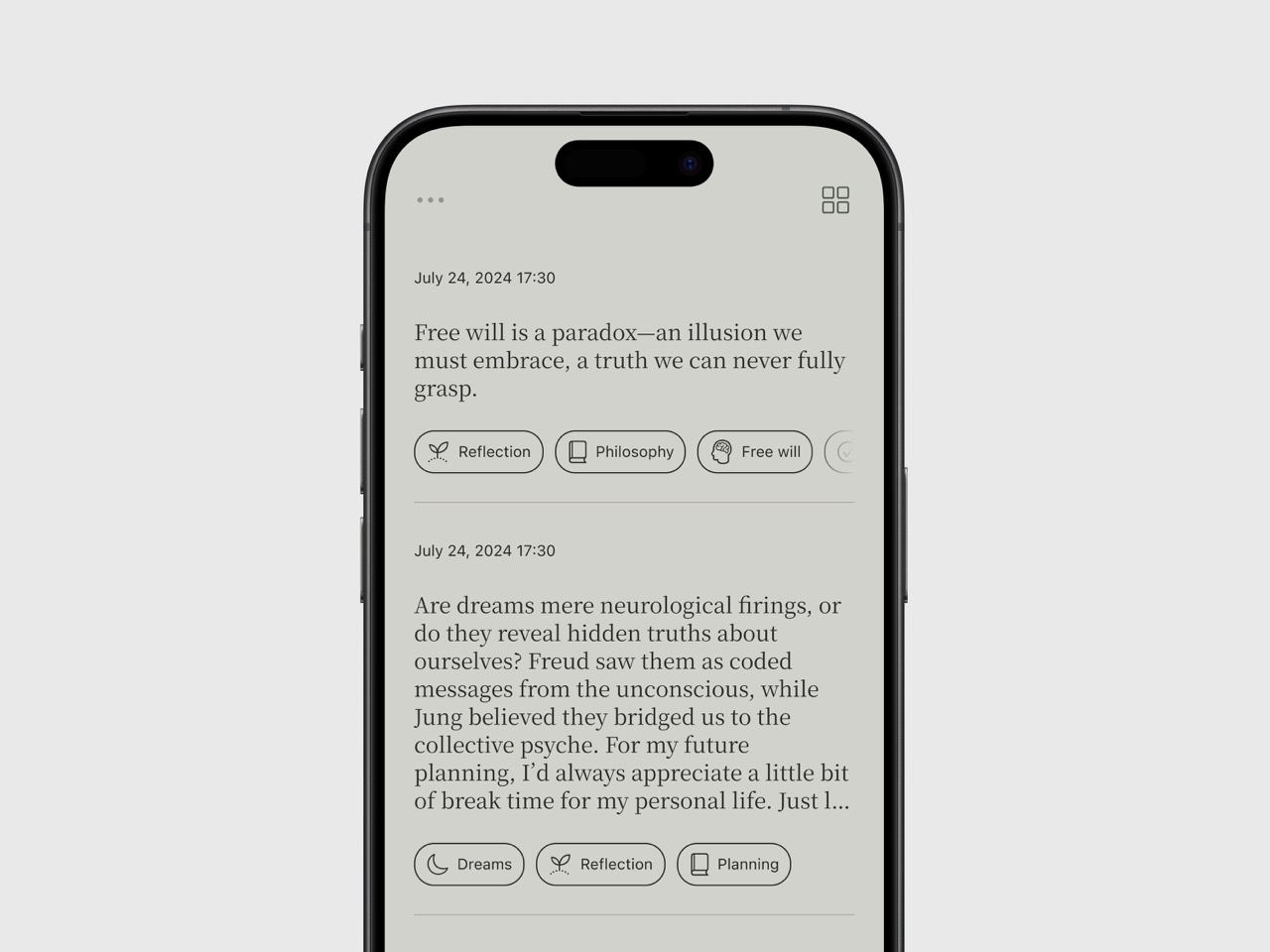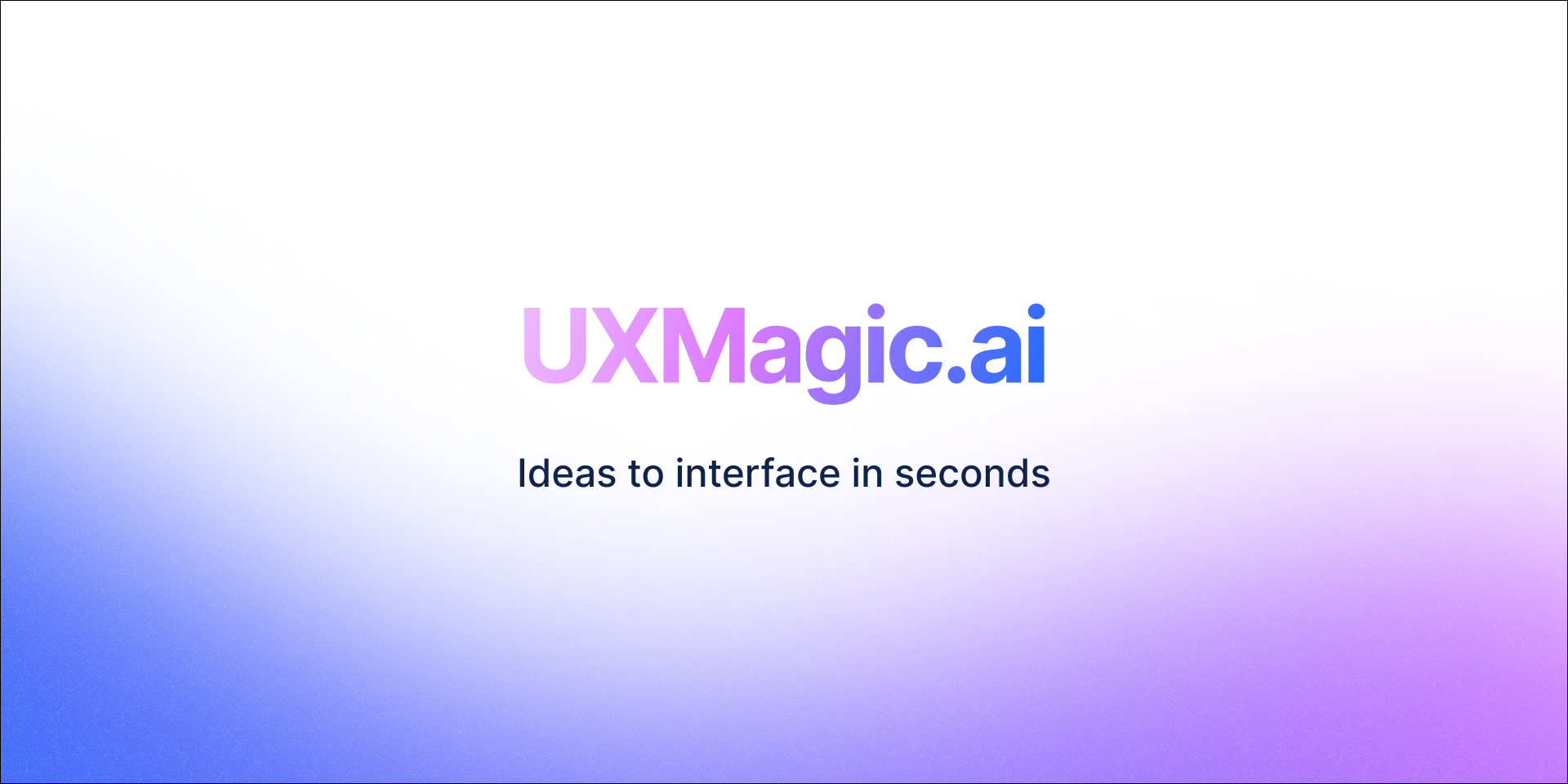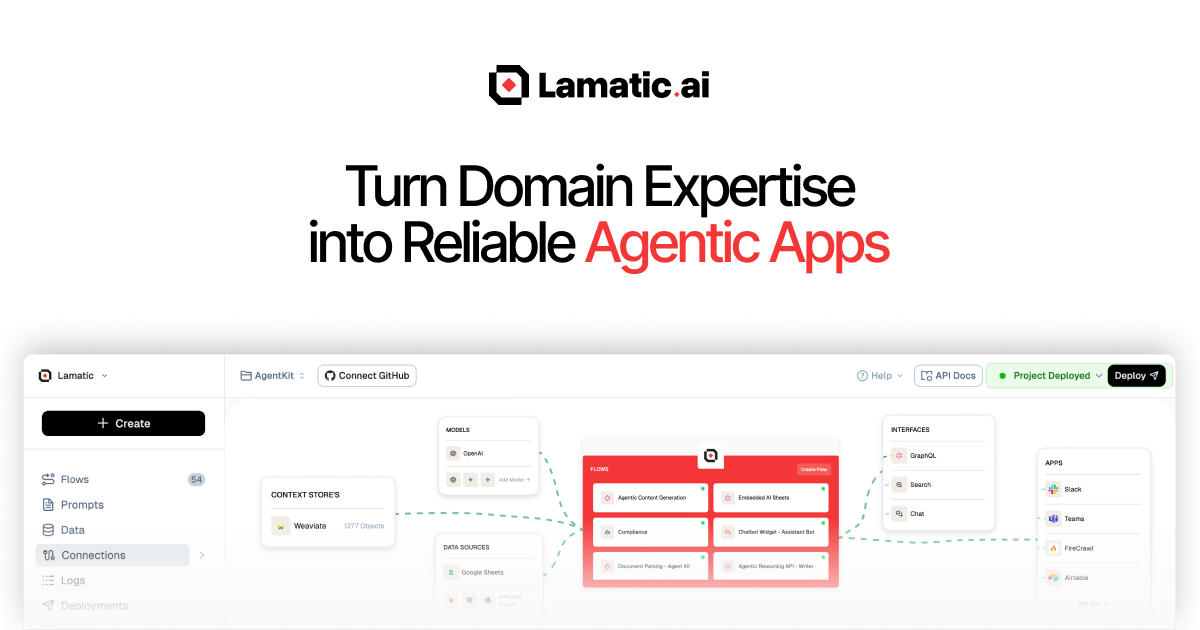Good morning. It’s Monday, November 24th.
On this day in tech history: In 1993, Xerox PARC introduced the Active Badge Location System, an indoor tracking network using infrared tags to identify and locate individuals within a building. It established a foundation for context-aware computing, where systems adapt behavior based on user location and activity. This concept later shaped predictive modeling and real-time personalization, influencing how apps anticipate user needs, how digital assistants prioritize recommendations, and how mobile devices adjust authentication and security heuristics.
In today’s email:
Altman signals “rough vibes” as OpenAI chases Gemini 3 Pro
Meta’s WorldGen will turn a text prompt into a walkable, game-ready world
Google scales AI 1,000-fold as Gemini 3.0 surges in use
5 New AI Tools
Latest AI Research Papers
You read. We listen. Let us know what you think by replying to this email.
Voice AI Goes Mainstream in 2025
Human-like voice agents are moving from pilot to production. In Deepgram’s 2025 State of Voice AI Report, created with Opus Research, we surveyed 400 senior leaders across North America - many from $100M+ enterprises - to map what’s real and what’s next.
The data is clear:
97% already use voice technology; 84% plan to increase budgets this year.
80% still rely on traditional voice agents.
Only 21% are very satisfied.
Customer service tops the list of near-term wins, from task automation to order taking.
See where you stand against your peers, learn what separates leaders from laggards, and get practical guidance for deploying human-like agents in 2025.

Today’s trending AI news stories
Altman signals “rough vibes” as OpenAI chases Gemini 3 Pro
OpenAI is feeling the pressure. In a leaked memo, CEO Sam Altman called it “rough vibes,” warning staff that Google’s Gemini 3 Pro and Anthropic are closing the gap in coding-heavy, pretraining-intensive AI models. Altman framed it bluntly, saying OpenAI is “catching up fast,” pointing to key projects like the Shallotpeat LLM, designed to fix pretraining glitches, streamline research workflows, and keep the company technically ahead. Altman also flagged a slowdown in revenue growth to 5–10 percent by 2026, a sharp drop from past triple-digit gains, driven by softer enterprise demand and a softer AI hype cycle.
Security pressures added to the turbulence this week. OpenAI temporarily locked down its San Francisco offices after a former Stop AI activist, previously on-site, was flagged for possible threats. Police were called, and employees were told to avoid wearing logos. Stop AI publicly distanced itself from the individual.
Product updates show the other side of OpenAI’s momentum. In their latest release notes, ChatGPT with GPT 5.1 now pulls in more web images for people, places, and products across web, iOS, and Android. U.S. users on Free, Plus, and Pro plans can also purchase directly via Shopify Instant Checkout, including brands like Spanx, Skims, and Glossier.
Meanwhile, API access to GPT-4o will end February 16, 2026, nudging developers toward GPT-5.1, which delivers larger context windows, advanced reasoning modes, and higher throughput at lower input costs. Read more.
Meta’s WorldGen will turn a text prompt into a walkable, game-ready world
Meta is testing a personalized AI-powered briefing system within Facebook, designed to deliver concise, context-aware daily summaries. The system pulls from social feeds, browsing history, and network activity, offering an interactive experience akin to ChatGPT. While technical specifics remain scarce, the initiative reflects a move from passive content feeds to proactive, user-tailored AI interactions.
The company is also pursuing federal approval to trade electricity, enabling long-term purchase commitments while mitigating supply risks. Plans include supporting multiple new gas-fired power plants for its Louisiana data center campus, highlighting the growing compute needs of AI workloads.
In research, Meta’s Reality Labs is pushing the envelope with WorldGen, a system that generates fully interactive, navigable 3D worlds from a single text prompt. Using procedural reasoning, diffusion-based 3D generation, and object-aware scene decomposition, WorldGen produces expansive, style-consistent environments up to 50×50 meters. Scenes are walkable, game-engine-ready, and maintain geometry and textures across large areas. Read more.
Google scales AI 1,000-fold as Gemini 3.0 surges in use
Google is accelerating its AI infrastructure expansion, targeting a 1,000-fold increase in compute capacity over the next four to five years. At a recent all-hands, VP Amin Vahdat told employees the company has to double AI serving capacity every six months to keep up with demand. That plan leans on tighter hardware-software integration, more efficient models, and custom chips like the seventh-generation TPU, Ironwood, which is almost 30 times more energy-efficient than Google’s first cloud TPU.
CEO Sundar Pichai stressed that underinvesting is a bigger risk than overspending, pointing to bottlenecks in products like Gemini and the video generation tool Veo. CFO Anat Ashkenazi added that moving more workloads to Google Cloud could balance capital spending with revenue growth.
In research, Google introduced Nested Learning via the HOPE architecture, which uses fast and slow memory layers to prevent catastrophic forgetting in large language models. Tests on 1.3B-parameter models showed stronger long-context retention, reasoning, and “needle-in-a-haystack” retrieval than standard transformers and recurrent networks.
Gemini 3.0 also just surpassed radiology residents on the RadLE v1 visual reasoning benchmark, scoring 51% versus 45%, though board-certified radiologists remain ahead at 83%. In contrast, both Gemini 3 Pro and GPT-5 struggled on CritPt, a new physics benchmark designed by over 50 physicists to mimic early-stage PhD research. The models managed just 9.1% and 4.9%, respectively, underscoring the current limits of AI in tackling open-ended, real scientific problems.
Google also added NotebookLM import to Gemini, allowing users to attach notebooks directly alongside code and files. Following the 3.0 release, SimilarWeb reported that Gemini broke its record for daily visits on the day of the 3.0 release, with traffic jumping 17% compared with the usual 0.48% day-to-day growth. Read more.


5 new AI-powered tools from around the web

arXiv is a free online library where researchers share pre-publication papers.

Thank you for reading today’s edition.

Your feedback is valuable. Respond to this email and tell us how you think we could add more value to this newsletter.
Interested in reaching smart readers like you? To become an AI Breakfast sponsor, reply to this email or DM us on 𝕏!








